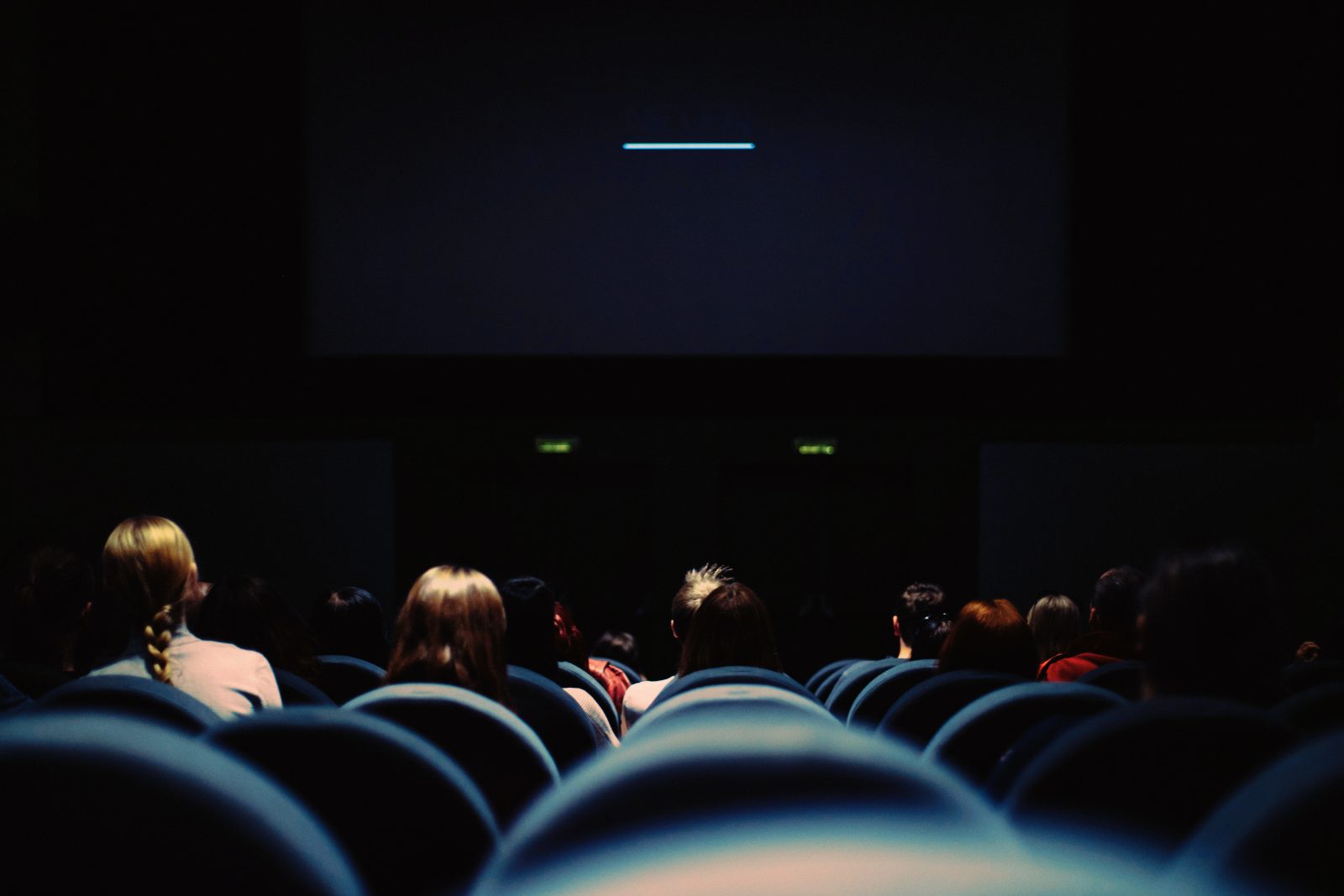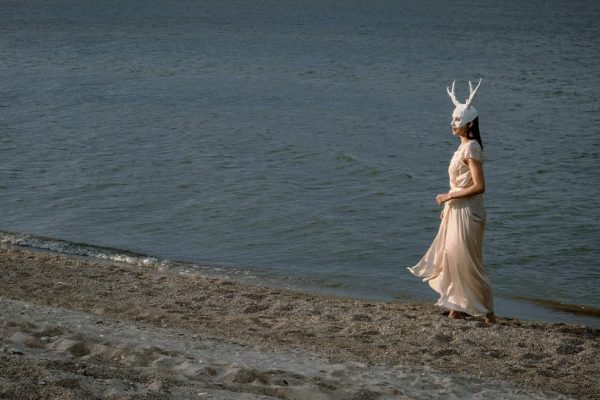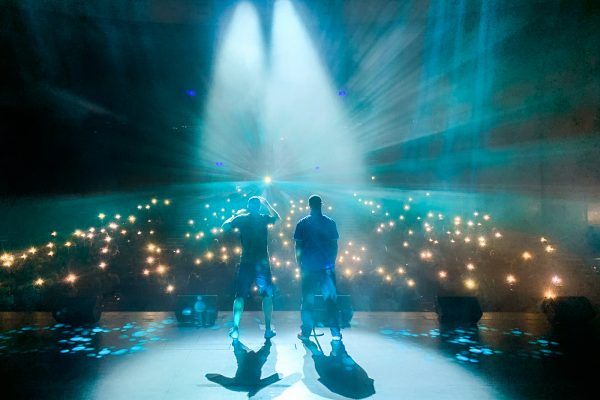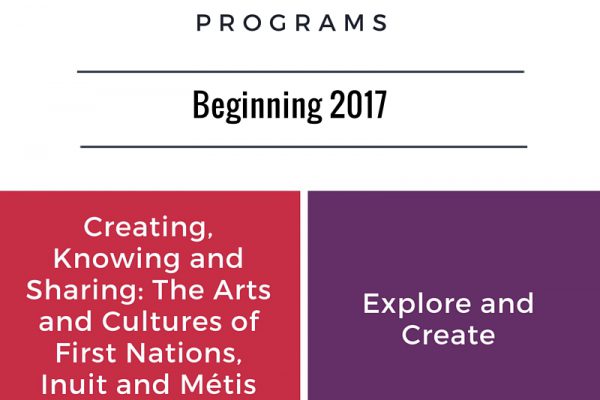This article is published through our Regional Reporter Program. We acknowledge the support of the Canada Council for the Arts through the Digital Now initiative.
A community arts festival born from the pandemic, Gwaandak Theatre’s third annual Awaken Festival ran from March 23 to April 6, its first iteration with in-person events.
Awaken Festival began as a purely digital event in May 2020, during lockdown in Yukon, but expanded to a mixed format including in-person programming for its third year. Colin Wolf, Gwaandak Theatre’s executive and artistic director, said that after its first year, they found some aspects of the digital festival really worked. This led them to adopt the blended approach they took this year.
“[Awaken Festival] was born out of the pandemic and just trying to keep people training, active, paid and engaging with their art practices … whatever that means for them,” said Wolf.
Gwaandak Theatre feels no rush to bring Awaken Festival completely in person, unlike some events that are now opening up to the public. While the festival is run out of Whitehorse, the digital space connects many remote communities across Yukon. According to Wolf, the community that has been building for the past two years across Yukon would be disappointed if there were no longer an option to access it online.
“One of our values … is trying to make [the festival run] no matter the restrictions,” said Wolf. “It’s a really exciting time for the festival, and the experience of things already being digital gives us a very easy fallback.”
The Quick n’ Dirty Cabaret, a residency where performers get training from drag and burlesque mentors, is one of the highlights of Awaken Festival. At the end of their four weeks, participants close out the festival with a digital presentation of what they’ve learned from their mentors. Participating artists come from a mix of backgrounds, whether it be burlesque, drag or movement and dance more broadly. Their mentors help them achieve the personal goals they have for their residency, as well as film their digital performances. The Quick n’ Dirty Cabaret also provides participants time to work on project development, scheduling and help with minor editing on their films.
Sara German, the production manager with Gwaandak Theatre said the Quick n’ Dirty Residency will continue to be digital for the years to come.
“The main goal [with the Quick n’ Dirty Residency] is that we are trying to connect people … nationally,” which is not always possible to do in person, explained German.
“The whole point [of the cabaret] is that it’s equipping you with tools that you can either use digitally or in person in the future,” said Wolf. Wolf described the residency as an access point for artists, especially for Indigenous and Queer Indigenous artists in Yukon.
“It’s proved to be a very accessible program that just gets people started,” he said.
Dance Media Group strengthens the dance sector through dialogue. Can you help us sustain national, accessible dance coverage? Your contribution supports writers, illustrators, photographers and dancers as they tell their own stories. Dance Media Group is a charitable non-profit organization publishing The Dance Current in print and online.

Tagged:






